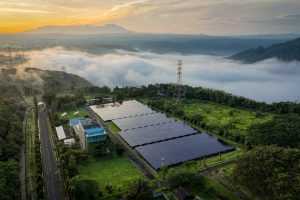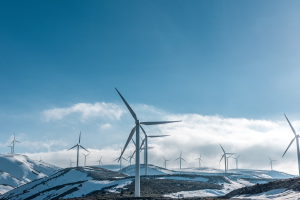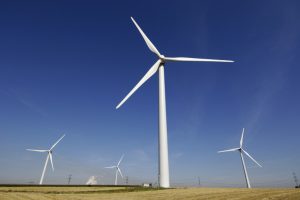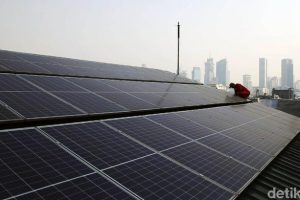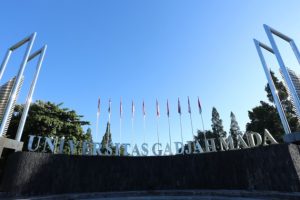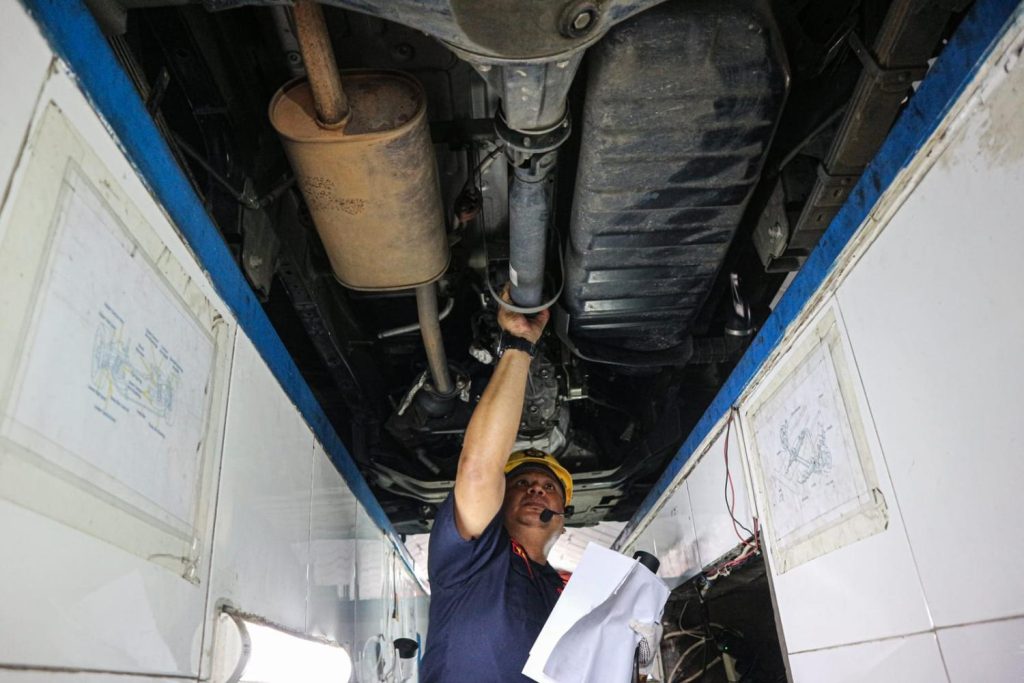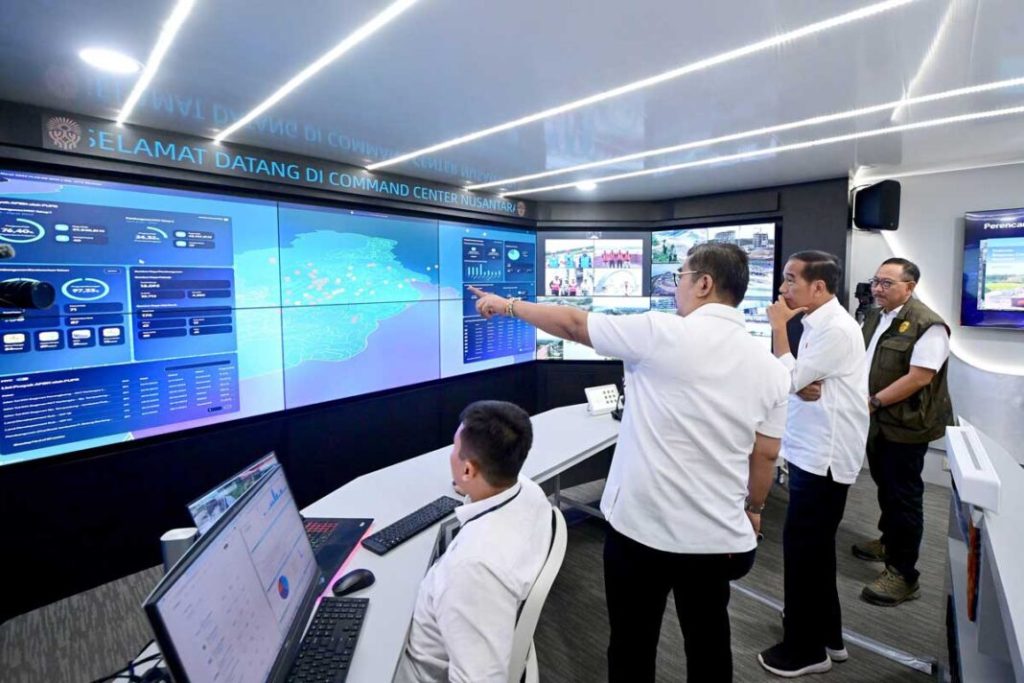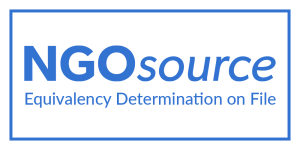By: Akhmad Hanan
Researcher at Purnomo Yusgiantoro Center (PYC).
Prologue
Until now, Indonesia does not yet have a Law on New and Renewable Energy (NRE). Regulations regarding NRE are currently limited to government, presidential or ministerial regulations. These laws’ urgency is vital because existing regulations are considered unrepresentative, and rules at the ministerial level are considered inconsistent and volatile. It is hoped that the NRE law will become a more substantial legal basis for regulating NRE in Indonesia. Besides, it is expected to increase the use of new and renewable energy, which is targeted to reach 23% in 2025 of the national energy mix according to national energy policy regulations (KEN) (Figure 1).
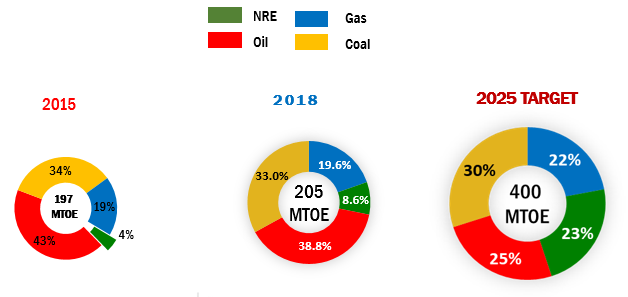
Figure 1. NRE target in 2025, based on KEN.
Although Indonesia already has Law Number 30 of 2007 concerning Energy, Government Regulation Number 79 of 2014, and other ministerial regulations, all these regulations have not completely bridged the issue of NRE in Indonesia. Current regulations only regulate energy laws in general, not for new and renewable energy specifically provide business activity in NRE. If the government only relies on ministerial regulations, new renewable energy contracts will be minimal. Meanwhile, we know that the potential for new and renewable energy is tremendous to achieve energy security in Indonesia.
The House of Representatives (DPR) has brought the Draft Law on New and Renewable Energy (RUU NRE) into The National Legislation Program (Prolegnas). Therefore, RUU NRE was immediately discussed to accelerate the development of renewable energy in Indonesia. By the end of September 2020, the discussion on RUU NRE had entered the General Hearing Meeting (RDPU) at Commission VII DPR. This commission has a scope of duties in Energy, Research and Technology, and the Environment. One of the issues in thr discussion is the market certainly, government need guarantee of both supply and demand specifically issue on NRE price to develop NRE in Indonesia.
Commission VII DPR is committed to finalizing the NRE Law soon after the Mineral and Coal Law, which is also listed on the Prolegnas, is completed. Of course, it is expected as a form of commitment from the legislative state institutions to encourage the development of NRE in the country. The NRE Law is a consistent legal basis in guaranteeing domestic NRE investment so that the market ecosystem can be well developed. As part of the executive state institution, it is also hoped that the government will firmly encourage NRE as a future energy source that is sustainable and environmentally friendly.
Recent Issues
The preparation of the RUU NRE has begun in January 2017 when Commission II of the Regional Representative Council (DPD) of the Republic of Indonesia held an RDPU with the Indonesian Renewable Energy Society (METI). Long before that, based on Law No. 30/2007 on Energy, the government was obliged to make a National Energy General Plan (RUEN) and Regional Energy General Plan (RUED). RUED is an elaboration of RUEN that should be formulated by the local government. The National Energy Council (DEN) has already determined the primary energy mix of Indonesia by 2025, which consists of 25% oil, 22% gas, 30% coal, and 23% NRE. The Energy Law is the starting point for the RUU NRE. Along the way, there were political dynamics that hindered the existence of the NRE law. Currently, various issues are also being debated in the social community.
Several issues have been raised within the community and become the discussion of experts on the RUU NRE documents. The first is the article that regulates energy price incentives. The RUU NRE document circulating in the community states that the central government sets the NRE price based on fair economic value by considering a reasonable return rate for the business entity. However, for NRE prices, the government will regulate further provisions. Based on RUU NRE document, the NRE price consists of several types, namely:
- Input rates which based on the type, characteristics, technology, location, and or installed capacity of power plants from renewable energy sources.
- Market index prices for biofuels, and
- The best auction mechanism.
NRE prices in the form of rates are set for a certain period. Article 47 RUU NRE states if the cost of electricity sourced from NRE is higher than the basic cost (BPP). The government is obliged to provide a return on the difference between the price of NRE and the cost of delivering local power plants to state-owned power companies and/or the said business entity. The assumption that NRE is still expensive, especially concerning the cost of investment and the desired return rate, leads to the debate in communities.There is an issue that the government will provide subsidies to business entities or give additional subsidies to PT PLN (Persero) as the State-Owned Enterprises (BUMN) in the electricity sector.
The Chamber of Commerce and Industry (KADIN) provides input to improve the investment climate for NRE in Indonesia. The price of renewable energy for electricity generation must be determined based on economic value and the location, availability of infrastructure, installed capacity, and type of technology. Currently, the determination of the NRE electricity tariff is without being accompanied by a reasonable rate of return on investment for renewable energy projects. It has an impact on the lack of investor interest in investing in the NRE project. Entrepreneurs have been constrained in developing NRE projects due to changing regulations, which worsens the investment climate. Then, the lack of government commitment to achieving renewable energy targets makes the policies issued tend to be unsupportive.
Another issue is that there is a proposal to establish an NRE Agency to ensure that assignments can be carried out, including the readiness of implementing regulations so that they run smoothly. In the future, it is hoped that the concept of this regulatory body can be like the Downstream Oil and Gas Regulatory Agency (BPH Migas) in the oil and gas sector. This regulatory agency is expected to closely monitor both the rules of the gamethe rules of business activity, and can spur the government to increase the proportion of NRE in the national energy mix. Regulatory bodies should be independent and consist of governments, private and professional.
The next issue that became public debate was the involvement of nuclear energy and fossil-based energy (methane gas, coal gasification and coal liquefaction) in the draft RUU NRE. Some people do not agree that both types of NRE are included in the RUU NRE. Especially for nuclear, Indonesia already has Law Number 10 of 1997 concerning nuclear power. The discussion on nuclear exploitation in electricity has also been included in the Omnibus Law draft. Various issues that are debated in the community must be resolved immediately by both the government (executive) and the DPR (legislative). This is so that the NRE Law can be issued as soon as possible to maximize the role of NRE in the national energy mix, which currently has a minimal role.
Future strategy
In order to solve the RUU NRE problem, various accurate strategies are needed. First is that the DPR as a legislative body needs to formulate a new strategy in carrying out its legislative functions, such as strengthening monitoring and evaluation of any discussion of the NRE Law. Each board member, especially in Commission VII of the DPR, must choose the completion of the RUU NRE discussion because in Commision VII consists of many parties.This means that RUU NRE becomes a realistic priority that can be resolved until it is passed into law for NRE legal interests for energy security in Indonesia.
As an executive institution, the government must continue to encourage and minimize debates with members of the people’s representatives in reaching an agreement to discuss the content and article on RUU NRE. Political dynamics could not be avoided, but there must be an agreement on the NRE Law between the government and the DPR. More important is the principle of transparency and ability to receive public opinion, especially from the NRE business actors. The government and the DPR must accommodate all voice input from the people and community in order to create a good investment climate for NREs in Indonesia.
The next strategy is the consistency of the government’s political stance on NRE policies in Indonesia. Because with this consistency, it is not impossible that the NRE Law can be completed and pushes the target of NRE utilization to 23% as soon as possible and can indirect reduce oil and gas imports. In good public policy theory, the consistency of political attitudes results in effective policies and reduces other policies’ overlap. Apart from that, consistent policies also minimize corruption, collusion, and nepotism.
Suppose later the NRE Law has been completed and passed. In that case, the government is obliged to translate it into government regulations that must be understood, and implemented down to the operational level at the regional level. The DPR has a function to supervise the government which run the NRE Law. In the future, the NRE Law is expected to support the development of NRE in Indonesia.
Disclaimer: This opinion piece is the author(s) own and does not necessarily represent opinions of the Purnomo Yusgiantoro Center (PYC).
